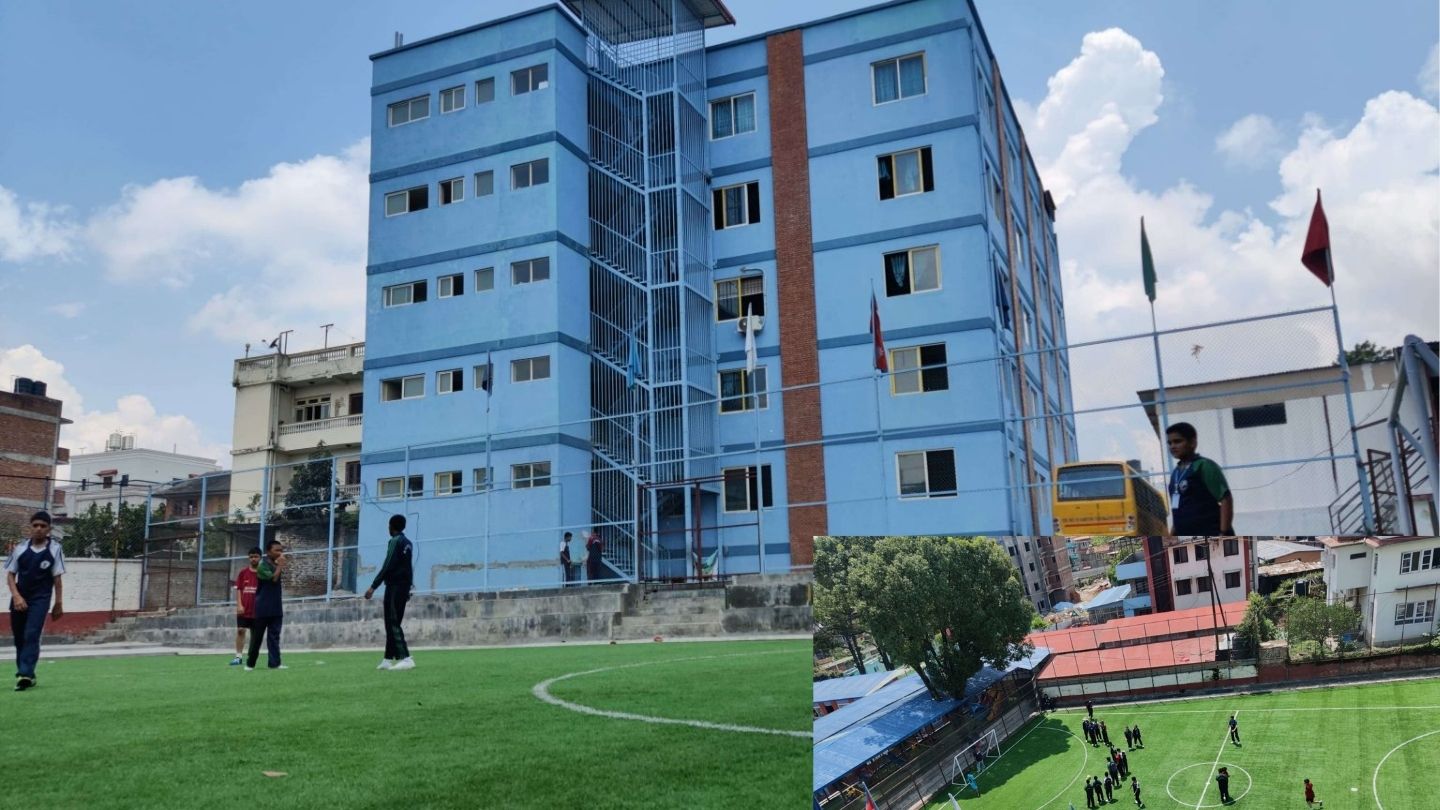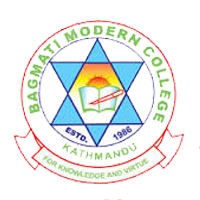Overview
Ten Plus Two (+2) Management at Gyankunj College, Ravibhawan, Kathmandu
Ten Plus Two (+2) Management at Gyankunj College, Ravibhawan–Macchagate, Kathmandu, follows the National Examination Board (NEB) structure for Grades 11 and 12.
You study core management subjects in a campus setting that supports steady practice, timely feedback, and clear exam preparation.

Overview
+2 Management at Gyankunj College prepares students for business, commerce, and administrative study at the undergraduate level. The college runs this stream under NEB rules and follows the current curriculum for both grades. Class routines, internal tests, and review sessions help you build discipline and plan revision early.
The stream suits learners who enjoy numbers, budgets, market topics, and communication tasks. Faculty encourage short notes after class, weekly practice on problem sets, and simple project work that connects concepts to real tasks in Nepali offices.
Highlights
-
Affiliation: National Examination Board (NEB)
-
Level: Grades 11 and 12 (+2 Management)
-
Location: Ravibhawan–Macchagate, Kathmandu
-
Learning Support: Library, computer lab, counseling, internal assessments
-
Study Rhythm: Classroom lessons, practice sets, terminal exams, and NEB board exams
Curriculum Details
The program follows NEB subject structures for Management. School policies determine subject combinations offered each year based on faculty availability and NEB prescriptions.
Typical subject set includes:
-
Compulsory English and Compulsory Nepali
-
Accountancy
-
Economics
-
Business Studies
-
Optional subject from the NEB list (for example: Computer Science, Marketing, or Mathematics, as offered)
Grade-wise planning covers ledgers and trial balance in accounting, demand–supply basics in economics, and organization–management themes in business studies. Optional subjects extend skills in either quantitative work or ICT, depending on your interest and the college’s yearly plan.
Objectives
-
Build accurate record-keeping habits through regular accounting practice.
-
Strengthen economic reasoning for simple policy and market questions.
-
Improve written and oral communication for reports, summaries, and short presentations.
-
Encourage ethical conduct in classroom work, assessments, and projects.
Scope
Students use +2 Management as a pathway to BBS, BBA, or related bachelor’s degrees. The stream also supports early exposure to banking processes, sales coordination, and office administration. A clear record of attendance, internal marks, and board results helps you apply for scholarships or entry tests at the next level.
Learning Outcomes
By the end of Grade 12, students should be able to:
-
Prepare basic financial statements, including trial balance and simple final accounts.
-
Read charts and tables in economics and explain key ideas in plain language.
-
Draft a short business memo or summary with clear headings and data references.
-
Use spreadsheets for tables, simple formulas, and charts.
-
Follow NEB exam formats, timing, and answer structures.
Skill Development Modules
-
Number Skills: Journal entries, bank reconciliation, petty cash, error checks
-
Analysis Skills: Ratio basics, cost sheets, margin insight, data tables
-
Communication Skills: Meeting notes, letters, email drafts, presentation slides
-
Digital Skills: Spreadsheet formatting, formulas, chart types, file organization
-
Workplace Habits: Deadline planning, record hygiene, respectful teamwork
Teaching Methodology
Faculty teach through board work, worked examples, and guided practice. Weekly quizzes keep you on track. Teachers schedule review classes before terminal exams and share model answers based on NEB patterns. Library time supports reading on Nepali business context and current economic issues.
You can expect:
-
Topic outlines and homework schedules announced at term start
-
Problem-solving classes for accountancy and mathematics-driven topics
-
Short case snippets from local markets for business studies
-
ICT sessions for spreadsheet practice and document formatting
Admission Requirements
-
Eligibility: SEE graduates or equivalent meeting NEB criteria for +2 admission
-
Process: Application form, document verification, and stream selection as per college notice
-
Documents: SEE mark sheet, character certificate, transfer certificate (as applicable), two passport-size photos
-
Placement: Subject choices confirmed by the college based on NEB rules and seat availability
Career Opportunities
Students often pursue BBS, BBA, or economics and public administration degrees. Entry-level roles after higher study include accounts support, sales coordination, client service, and office administration in local firms, banks, and NGOs. Consistent practice during +2 improves confidence for university entrance tests and interviews.
Scholarships and Financial Aid
Gyankunj College follows internal scholarship policies, which may include merit awards and need-based assistance announced each session. Students should inquire at admission, submit required documents on time, and track internal deadlines for applications.
Why Choose This Course?
-
NEB Framework: Recognized stream with a clear exam pattern.
-
Balanced Approach: Theory and problem practice backed by short projects.
-
Study Support: Library, ICT access, and counseling that keeps plans realistic.
-
Next Steps: Direct pathway to management degrees and early office skills.
Conclusion
+2 Management at Gyankunj College offers a steady route into business study under NEB. You practice numbers, learn market ideas, and build communication habits that match real office tasks in Nepal. A calm routine, clear expectations, and timely feedback keep you focused on the Grade 12 board exams and your next stage of study.



















